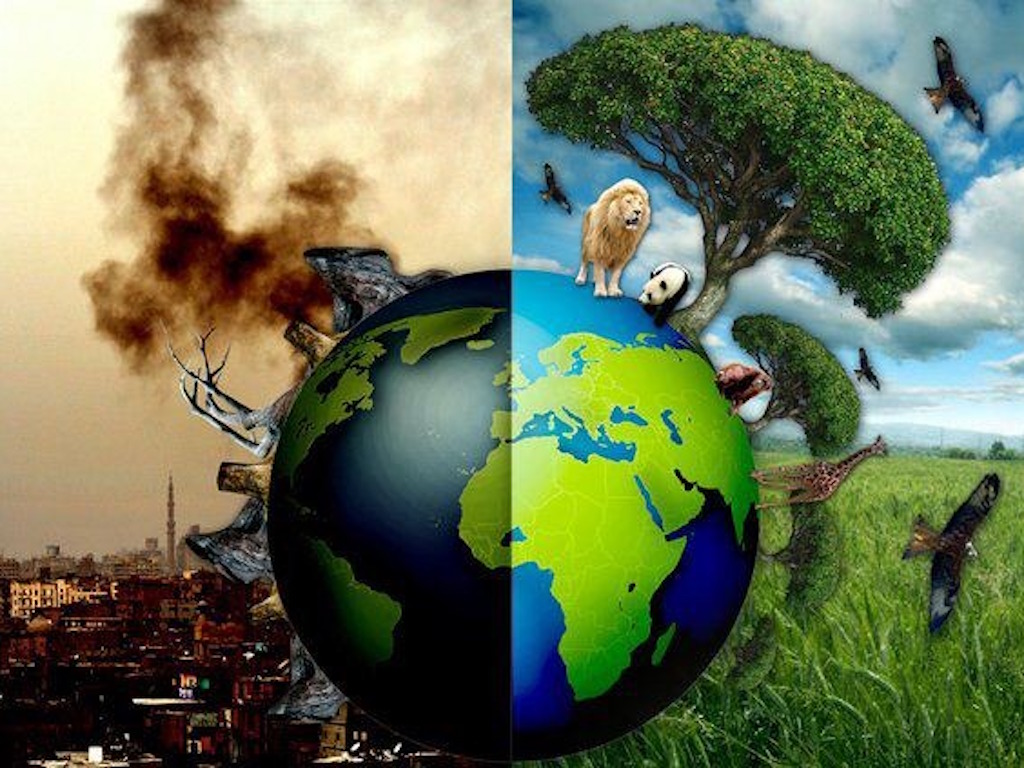2 Mins Read
In a new study published in the journal Nature Climate Change, if just one in five of us in richer countries went nearly vegan and disposed one third less food, we could be looking at carbon absorption by 2050 as opposed to global warming. This new piece of research suggests that through a range of sweeping measures, primarily in the more developed areas of the world, we have a real chance to combat, and even reverse, the planet’s climate emergency. Given that Asia-Pacific – and developing nations in particular, are set to bear the brunt of the crisis’ impact, it’s inarguable that richer cities, urban areas and countries have a responsibility to implement comprehensive carbon fighting measures as soon as possible.
A collaborative scientific project between researchers across the United States and Europe has found that we could fight global heating by 2050 if we implement tough but feasible measures, especially in richer countries. These include richer countries adopting a plant-based diet and cutting down food waste. Other important actions include assisting developing countries with ending deforestation and boosting land restoration efforts, such as tree-planting projects, as well as improving farming and land management practices to boost soil fertility. If these recommendations were to be followed, we would be looking at an agricultural system that absorbs rather than emits carbon dioxide by 2050.
Lead author of the paper Stephanie Roe of the University of Virginia told the Guardian that these results show that we have a “window of opportunity to deliver on the Paris Agreement…I remain optimistic because we have all the tools we need, as well as the increasing public pressure and political will to turn things around.”
Adopting these climate-friendly policies would lead to a whole host of positive cascading effects that go beyond environmental protection. Not only would it encourage healthier diets to fight poor nutrition and the obesity epidemic, it would further improve the livelihoods in poorer communities, help stop biodiversity loss and fight water and air pollution.
In addition, adopting these measures could bring huge economic gains worldwide. Improving soil management practices by shifting to organic agriculture, for instance, would not only cancel out the annual emissions of India, but also help save nearly US$2 trillion over the long-term, said the study.
These results indicate that we need to alter our habits and rethink our current path of inaction. “The longer we delay action to protect forests, the more difficult it will be to achieve the Paris Agreement targets and the more we will need to reply on unproven negative emission technologies,” said report co-author Nancy Harris of the World Resources Institute (WRI).
This study adds to the abundance of existing scientific analyses that have recommended a global food system overhaul towards plant-based diets, tackling food waste and plastic pollution and land and marine conservation as key solutions to combat climate change.
Lead image courtesy of Tired Earth.




